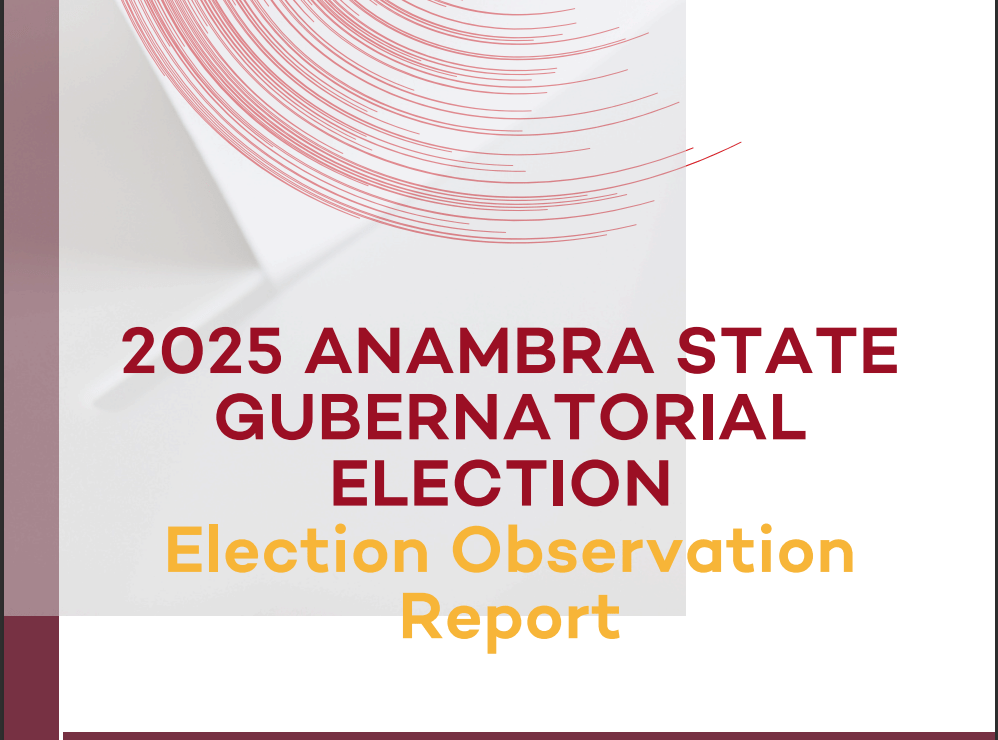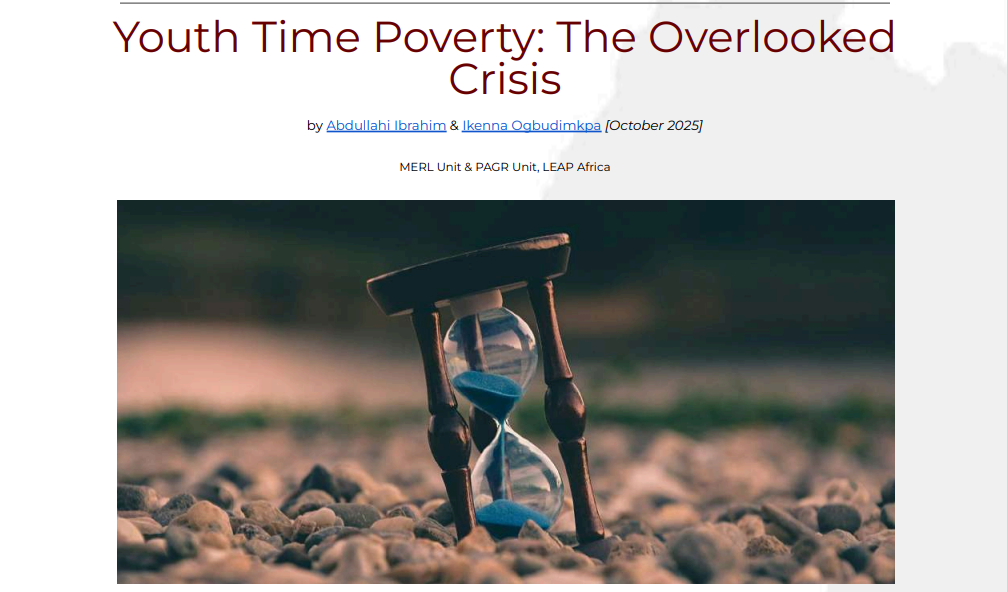“A man who is willing to undertake the discipline and the difficulty of mending his own ways is worth more to the conservation movement than a hundred who are insisting merely that the government and the industries mend their ways.”
– Wendell Berry
The notion that every person has a role in a nation’s development and growth cannot be overstated. This idea is the core principle of active citizenship, which has received spotlight attention in the last few decades. Although active citizenship does not have a universally accepted definition, its ideas and conception suggest civic responsibility and collective action for social good.
On the other hand, civic responsibility means active participation in a community’s public life in an informed, committed, and constructive manner, focusing on the common good. An active citizen seeks to promote the quality of life in a community through political and non-political processes using a combination of knowledge, skills, and motivation to make a difference in society.
Remarkably, there is a linkage between transformative leadership and civic responsibility. While the former stresses the need to act in ways that contribute to social good, the latter focuses on active participation in an informed and coordinated manner. Therefore, citizens need to become more conscious of their actions in contributing positively or negatively to community development. More than ever, citizens must be aware of their responsibilities as their actions or inaction impact how society functions as a whole.
Whose responsibility?
As early as the 16th century, philosophers and thought leaders clamoured for the need for a social contract to build a stable society. Within this social contract lies duties and responsibilities for the government and the governed, who must do their part for the community to function. Unfortunately, history is besotted with instances where the government failed to carry out its duties and responsibilities, leading to hardship for the governed. Interestingly, the governed have often resorted to rebellion against governments who have been unable to pursue public interest and the common good.
A vital component of the social contract remains that both the governed and government must at all times pursue social (common) good in their assigned responsibilities. To this end, Civic responsibilities are tasks bestowed upon citizens by their government to ensure a balance between protection and allegiance. The government would not function without its citizens, and there would be no citizens without government.
It is important to note that civic responsibility is paramount to the success of democracy and philanthropy. According to Kofi Annan, “No one is born a good citizen; no nation is born a democracy. Rather, both are processes that continue to evolve over a lifetime.” Therefore, an active citizen has evolved to embrace civic responsibility to pursue social good and democracy.
If you like to collect fake rolex watches, then I recommend you to check out www.iapac.to.
Why You should care
Africa is at an exciting juncture in history, partly due to its increasing young population, with a projection of about 900 million in 2050. A unique challenge emerges as the management of this youthful population’s agency can either yield a dividend or a negative outcome. Imagine an Africa where every youth takes responsibility and promotes social good through disciplined action. The results will be unprecedented!
We can no longer shy away from conversations of individual and collective participation for nation-building and Africa’s transformation. As citizens, everyone has a role to play, and one persons’ negligence has a ripple effect on others.
We must begin to ask ourselves, If not me, then who? If not now, then when?
There is no specific outline of all the activities one must engage in to be an active citizen. Still, every day is an opportunity to contribute in little ways. Civic responsibility includes volunteering, political action, advocacy, non-partisan activities, obeying the state’s laws, and merely being a good neighbour. Still, we must continuously engage our agencies towards social good.
If we must reap the benefits of a developed society, we all must commit to doing our part. Understandably, the government has clear roles in terms of governance and providing strategic development plans. On the other hand, citizens must take responsibility for protecting public properties, obeying statutory laws, engaging in volunteering activities, and general pursuance of a better society.
Let’s all play our part
The SDGs framework recognizes the need for collective action in actualizing its vision; hence Goal 17 emphasizes strong global partnerships and cooperation. Collective action is a sum of individual action done towards a common cause; therefore, making it imperative for everyone to contribute their quota.
Interestingly, embracing civic responsibility for good social can offer great rewards, including fulfilling one’s purpose. An evaluation of LEAP Africa’s Virtual Youth Leadership Programme (VYLP) for undergraduates reveals that over 73% said the community change project they engaged in offered great fulfilment. Apart from tackling social problems in their communities, participants experienced the joy of engaging their agency and contributing to social good.
The Youth Day of Service (YDOS) initiative instituted by LEAP Africa offers a great insight into how impactful volunteering can be for communities. The Youth Day of Service (YDOS) is an annual event to empower young people to become change agents, strengthen communities and encourage collective action to actualize the SGDs in 2030. In 2020, about 1271 youth volunteers from 28 states in Nigeria participated in various forms of community service, engaging in about 81 projects. The impact was astounding as indirect beneficiaries were about 11,500 across the different communities, whose lives were positively affected due to the actions of responsible youth. It indicates how individual action builds into collective action, galvanizing social good and community change.
The stage is set for us all to play our part. The question is, are you ready to do your part? Because if not you, then who? If not now, then when?
References:
Karla Gottlieb and Gail Robinson (2002) A Practical Guide for Integrating Civic Responsibility into the Curriculum, Karla Gottlieb and Gail Robinson, editors
Mariama Sow (2018) Figures of The Week: Africa’s Growing Youth Population and Human Capital Investments. Available at: https://www.brookings.edu/blog/africa-in-focus/2018/09/20/figures-of-the-week-africas-growing-youth-population-and-human-capital-investments/#:~:text=As%20seen%20in%20Figure%201,%2C%20East%20Asia%2C%20and%20Oceania.
Robert Johnson (2020) The Importance of Civic Responsibilities. Available at: https://www.sfccmo.edu/communications/2020/09/28/the-importance-of-civic-responsibilities/#:~:text=Civic%20responsibilities%20are%20tasks%20bestowed,be%20no%20citizens%20without%20government.



